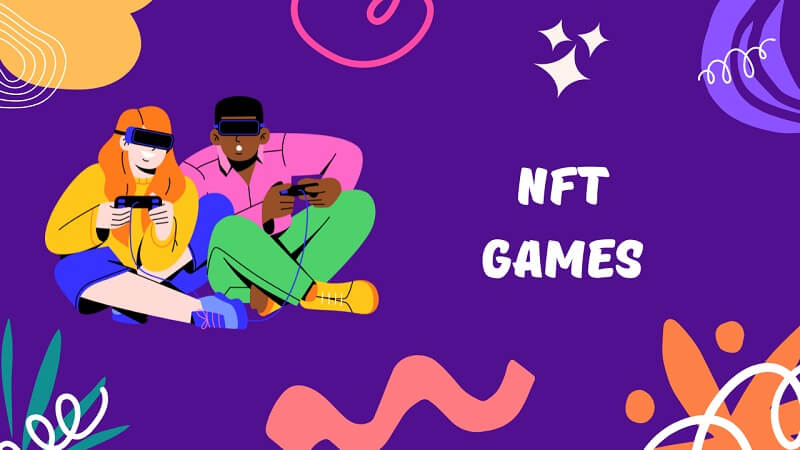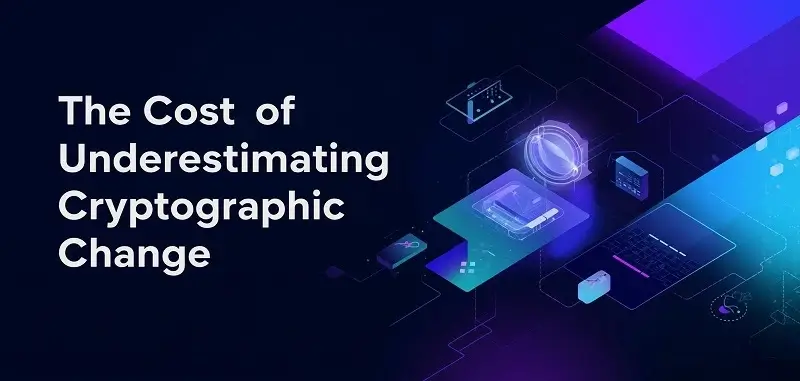
Non-Fungible Tokens (NFTs) have become more popular recently, and this has had an effect on a number of businesses. The way we view ownership and value in the digital sphere has been completely transformed by these distinctive digital assets. NFT games are a new subgenre of games that have been created as a result of one of the fascinating applications of NFTs in the gaming industry. The idea of NFT games is examined in this article, as well as their advantages, difficulties, and promise as the next frontier for players and collectors. We also explore the recently developed area of NFT game production.
Understanding NFT Games
Blockchain technologies, virtual worlds, and gameplay mechanics are all combined in NFT games. NFT games enable players to fully own their in-game possessions through the use of NFTs, in contrast to typical video games where in-game assets are held by the game producers. Because they offer distinctive and verifiable proof of ownership, these tokens, developed on blockchain systems like Ethereum, are highly sought-after by gamers and collectors alike.
NFTs are used as crucial gameplay elements in NFT games. These tokens can stand in for a variety of in-game objects, including virtual property, weapons, skins, and characters. Players’ NFT assets can be bought, sold, traded, and even lent, fostering a lively economy within the game. Players have a sense of ownership and control in this dynamic ecosystem because they are allowed to use, sell, or even produce derivative works based on their NFTs.
In recent years, a number of NFT games have seen substantial growth in popularity. As an illustration, “CryptoKitties” was one of the first NFT games that allowed players to gather and breed distinctive virtual cats. Another well-known game is “Axie Infinity,” in which players can gather, reproduce, and engage in combat with imaginary monsters known as Axies. The potential of NFTs in the gaming business has been demonstrated by how these games have captured the interest of gamers and collectors.
The Benefits of NFT Games
NFT games’ emphasis on ownership and scarcity is one of their main benefits. NFTs guarantee the exclusivity and scarcity of digital assets, in contrast to conventional video games where in-game objects can be simply copied or recreated. The NFTs are more valuable because of their rarity, which makes them appealing to gamers and collectors who appreciate exclusivity.
In addition, NFT games give players the chance to make money off of their in-game items. The exchange of NFTs for real-world money is possible between gamers through secondary marketplaces and specialized platforms. This creates a new paradigm where playing games may be financially lucrative by opening up opportunities for gamers to make money through involvement in the gaming ecosystem.
NFT games include new gameplay elements that improve the overall gaming experience. For instance, several NFT games use the “play-to-earn” principle, where players can gain access to significant rewards by actively taking part in the game. This dynamic encourages participation and commitment, fostering a mutually beneficial relationship between players and developers.
NFT Games as Collectibles
A new class of digital treasures has emerged as a result of the fusion of gaming and collecting. NFTs are virtual assets with special qualities and traits that are used in gaming. The value and desirability of NFT collectibles are influenced by certain characteristics, such as rarity, utility, or historical relevance.
NFT trading and collecting are now very common among fans and collectors. There are now specialized marketplaces and platforms that make it easier to acquire, sell, and display NFTs. To interact, find new goods, and grow their digital collections, collectors can use these platforms’ extensive communities.
Challenges and Concerns
NFT games offer thrilling chances, but they also come with problems and worries. The environmental impact linked to the energy usage of blockchain networks is one of the main issues. Some critics claim that the energy-intensive nature of blockchain technology employed in NFTs exacerbates the climate situation by increasing carbon emissions. However, initiatives are being made to investigate more environmentally friendly methods and lessen the carbon footprint of NFTs.
The erratic nature of the market and the speculative character of NFT investments present another difficulty. NFT prices are subject to considerable fluctuations, which could be risky for investors or collectors. These worries can be reduced by informing users of the potential hazards and encouraging prudent investment methods.
NFT games also raise worries about security and fraud. The possibility of fraud and frauds increases along with the use of NFTs. To safeguard users and preserve ecosystem trust, it is crucial to ensure secure platforms, deploy strong authentication procedures, and promote transparency.
The Future of NFT Games
NFT games have a bright future ahead of them thanks to a number of reasons that are fostering their expansion. The widespread use of NFTs and the rising interest from traditional gaming corporations both help the market grow. Additionally, technological developments will make it possible to create NFT games that are more intricate and immersive.
The future of NFT gaming will also be influenced by regulatory factors. Governments and regulatory organizations are paying attention to the NFT market and may enact legislation to address issues with investor protection, intellectual property rights, and taxation. Fostering a thriving and long-lasting NFT game sector will depend on finding the right balance between regulation and creativity.
Conclusion
The combination of gaming, collecting, and blockchain technology in NFT games is groundbreaking. These games provide players with real ownership, opportunities for profit, and distinctive gaming experiences. The popularity of NFT games has opened up a whole new world for players and collectors, where digital items have real financial worth and have changed how we interact with virtual spaces. As NFT game development advances, it has the potential to transform the gaming market and capture the interest of millions of players around the world.








